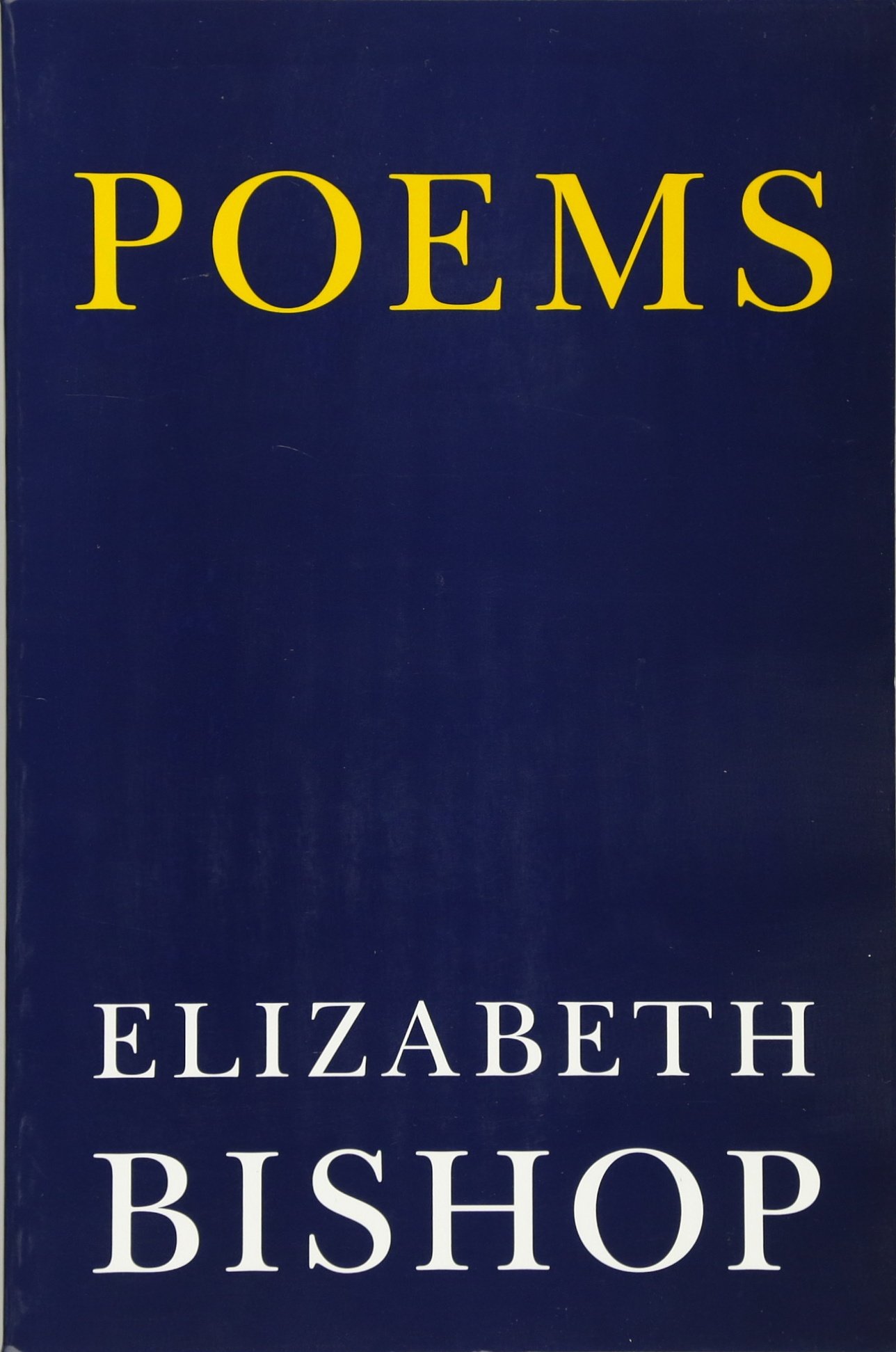What is the story of Elizabeth Bishop’s “The Fish”? When I ask students, which I often do, to write a two-line version of the poem, the version I have in mind, and sometimes they do, too, is: “I caught a tremendous fish/And I let the fish go.” This is the essential narrative or story of the poem, the one that we often hunt for as a way of discovering a poem’s “aboutness” and meaning. These two lines tell us everything and nothing. They create a frame inside which two other stories can be told: one that orients us in time, i.e., “Here and there,” “He was speckled,” “While his gills,” “They shifted a little,” and “It was more like”; and one that leads us into a deep, penetrative, and transformative process of observation, i.e., “I thought,” “I looked,” “I admired,” “I saw,” “I stared and stared.”
Early in my encounter with poetry “The Fish” taught me that description has the ability to consecrate and even transubstantiate what’s being looked at, especially if it’s an object or thing, like a fish. In Bishop’s poem, the moment of consecration takes place as the speaker considers his eyes and notices among other things how “They shifted a little, but not/ to return my stare.” Instead, the speaker makes a defamiliarizing discovery: “—It was more like the tipping/ of an object toward the light./ I admired the sullen mechanism of his jaw,/ and then I saw/ that from his lower lip—if you could call it a lip—”. Whether or not fish have lips isn’t the point, the point is that the fish on the way to becoming a “mechanism” with a “sullen jaw” becomes destabilized so that we are no longer certain of what it is. In between the catch-and-release narrative of the poem’s first and last lines a dynamic and dramatic process of observation is staged. This process is more interesting to me than the revelation that shifts our attention to the rainbow floating on the surface of the bilge water at the end of the poem. The drama of the “The Fish,” and in many of Bishop’s poems, is the drama of observation.
In her very brief essay As You Like It: Miss Moore and the Delight of Imitation, Bishop wants to come to an understanding of “the nature of the satisfaction a completely accurate or imitation [description] of anything at all can give.” At first, she thinks perhaps brevity, compactness, and spontaneity are the crucial elements of this satisfaction, but she also recognizes, especially with regard to Moore, that “instances [of description] ‘go on’ so that there seems almost to be a compulsion to this kind of imitation.” And she wonders if Moore by “being able to give herself up entirely to the object under contemplation,” is the key to allowing her “to feel in all sincerity how it is to be it?” Moore’s poems instruct us, Bishop concludes, that objects “exist to be loved and honored and we must.” In other words, “to be it” is also an act of love.




